
New data suggest a switch from natalizumab to a high efficacy disease-modifying therapy for patients with multiple sclerosis is more beneficial than switching to moderate efficacy therapy, including a lower risk of disease activity.

New data suggest a switch from natalizumab to a high efficacy disease-modifying therapy for patients with multiple sclerosis is more beneficial than switching to moderate efficacy therapy, including a lower risk of disease activity.

Despite the conventional need for patients to travel to MRI devices, the use of a point-of-care, portable scanner has proven to be a feasible method of acquiring clinically useful images.
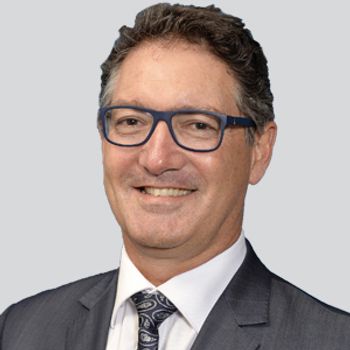
Secondary endpoints and final results from the clinical study will be announced at the end of March 2020.
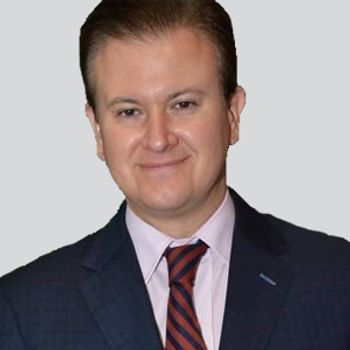
Patients 65 and under were more likely to develop seizures following a stroke than older patients.

The beneficial impact on stroke risk appeared to be greater in patients age 79 and younger than in the older patients examined.
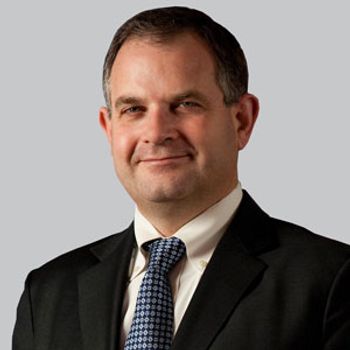
Self-administration of the drug led to statistically significant motor status changes within 30 minutes of treatment.
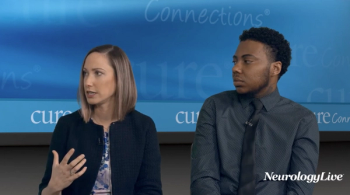
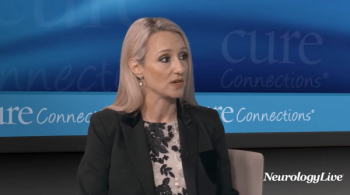
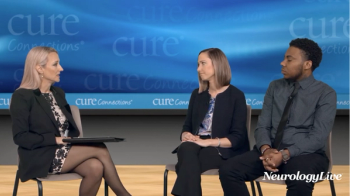
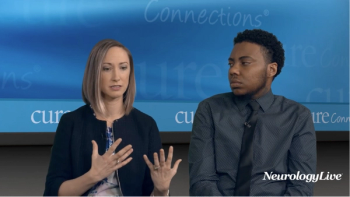
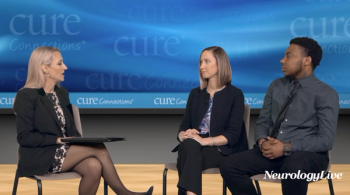
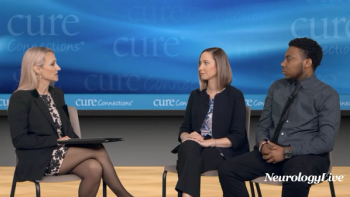
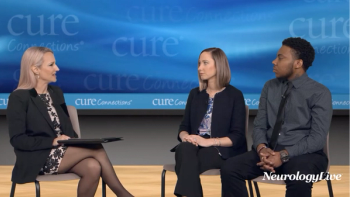
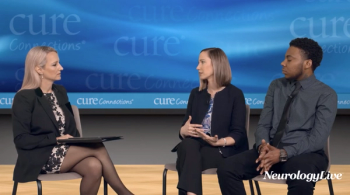
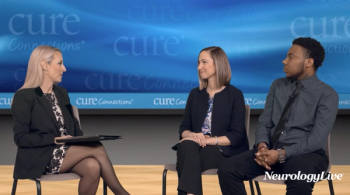
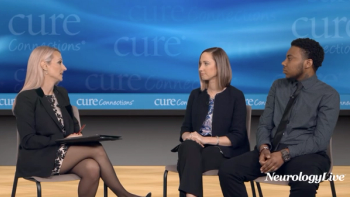
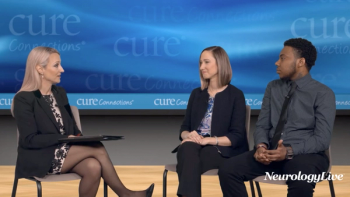
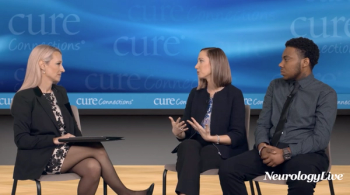
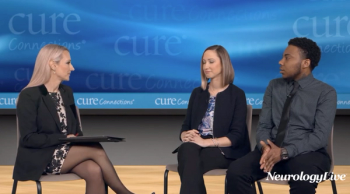
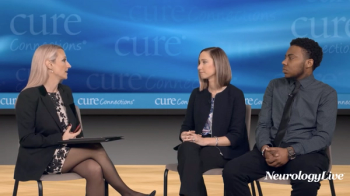
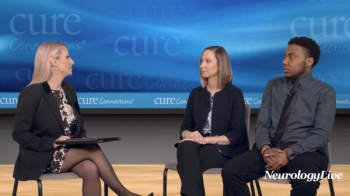

In addition to significant improvements compared to placebo on Quantitative QMG scores, zilucoplan improved patients' activities of daily living and quality of life scores.

The model may help clinicians enact preventative measures for those with migraine with aura at an early stage.

These data confirm the need for consideration of these costs when prescribing treatments, and is of considerable importance as out of pocket costs continue to rise in the US.

The Prometra II offers a pressure-driven, valve-gated delivery mechanism that allows for novel programming modes of intermittent flow followed by periods of no flow—a feature unique to this device.
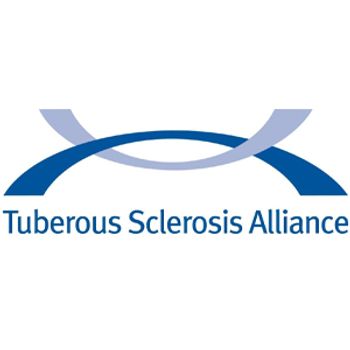
The announcement formally connects Bcureful and the Tuberous Sclerosis Alliance together after working closely together for over the past 8 years.
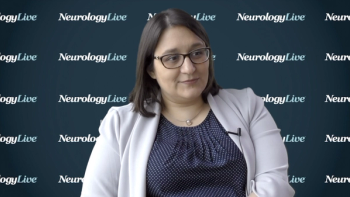
The associate professor of neurology and director of the Women With Epilepsy Program at Northwestern University Feinberg School of Medicine discussed the reasons an adult with epilepsy may seek genetic testing and what benefits it can provide.

The chief medical officer of ProMIS Neurosciences comments on how aducanumab will help propel innovation needed to drive the next generation of therapies for Alzheimer disease.
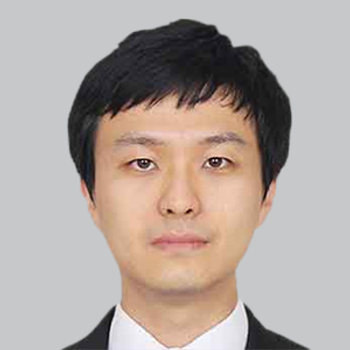
Patients with Parkinson disease with moderate to severe white matter hyperintensity (WMH) burden had a greater risk of developing levodopa-induced dyskinesia compared with those with minimal WMHs.